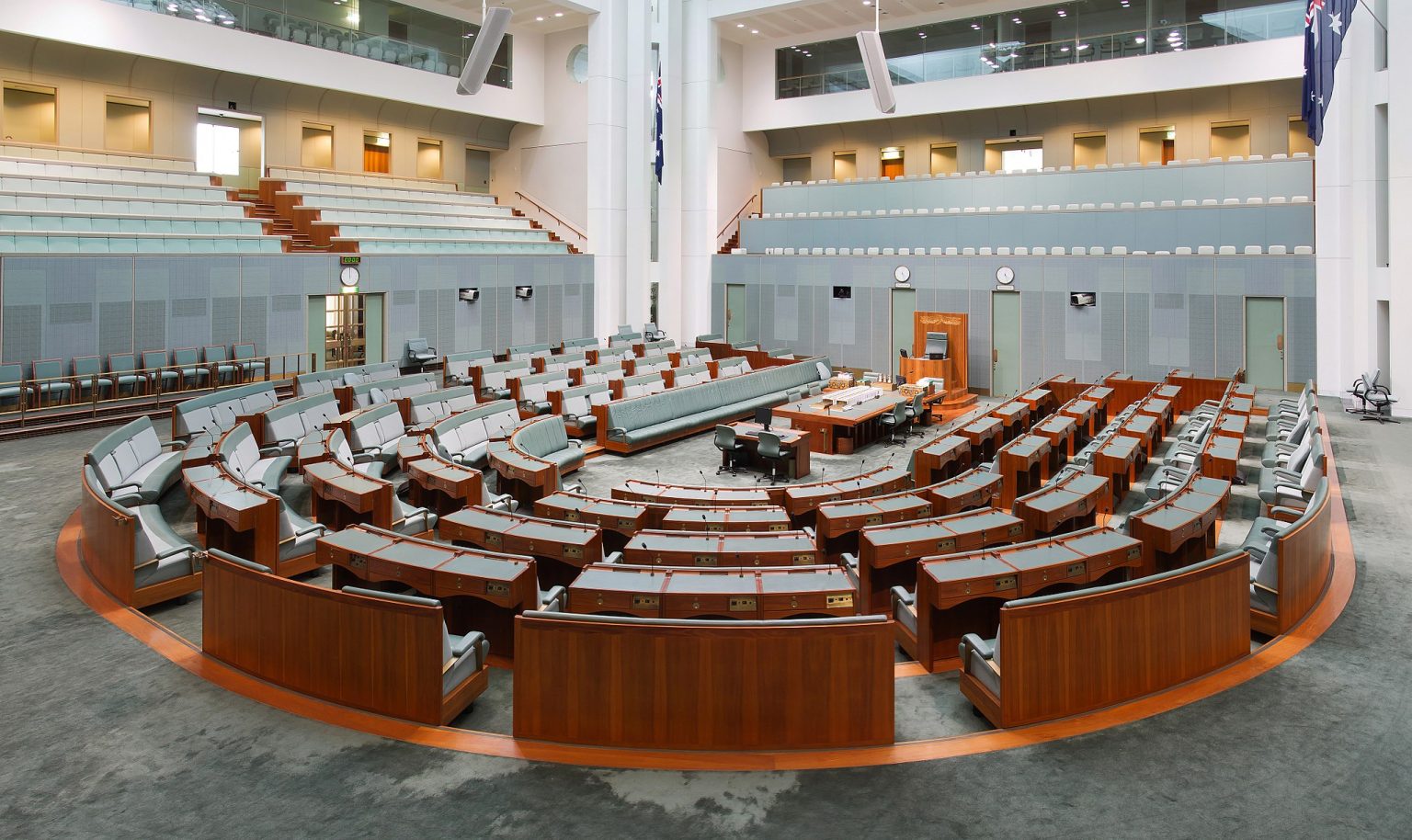Listen to the article
Australia Abandons Controversial Misinformation Bill as Political Support Crumbles
The Australian government has withdrawn proposed legislation that would have required social media companies to regulate false information on their platforms, following a lack of political support needed for Senate passage.
The Communications Legislation Amendment (Combatting Misinformation and Disinformation) Bill 2024, abandoned on Sunday, would have imposed significant new responsibilities on tech giants to address harmful content. The bill distinguished between disinformation—the intentional sharing of false information—and misinformation, defined as sharing false content without malicious intent.
Green Party Senator Sarah Hanson-Young played a crucial role in the bill’s defeat, publicly stating her party would not support legislation she described as “poorly explained” and impractical to implement. The Liberal-National coalition had already voiced opposition, citing concerns about potential censorship and infringements on free speech.
“Without cross-bench support, there was no viable path forward for this legislation,” said a government spokesperson. “However, the issues this bill sought to address remain critical to Australia’s information ecosystem.”
The abandoned legislation enters a growing global debate about the responsibilities of tech platforms in moderating content. While critics often cite Article 19 of the International Covenant on Civil and Political Rights, which protects free expression, international law does permit certain restrictions when necessary to protect national security, public order, or public health.
Digital misinformation has increasingly become recognized as a significant security threat with real-world consequences. Recent incidents highlight the urgency of addressing the issue. Microsoft recently warned that Russian threat actors have incorporated artificial intelligence into campaigns targeting U.S. elections, while during the recent American presidential campaign, now President-elect Donald Trump posted an AI-generated image depicting his opponent Kamala Harris speaking to a crowd labeled as “communists.”
Public health experts have also identified misinformation as a major contributor to anti-vaccination sentiment during Australia’s COVID-19 vaccine rollout, demonstrating the tangible risks of unregulated false information.
Industry analysts note that the bill’s failure represents a significant setback for Australia, which has previously positioned itself as a global leader in tech regulation with its News Media Bargaining Code that forced platforms to pay for news content.
“Australia had a chance to establish a precedent for how democracies could address digital misinformation while protecting speech rights,” said Dr. Eleanor Richards, digital policy expert at the University of Sydney. “This represents a missed opportunity, but also a chance to craft more carefully balanced legislation.”
Public opinion appears to favor some form of action, with surveys indicating over 80 percent of Australians want measures to combat false information online. The government has signaled it will explore alternative approaches, including potentially strengthening laws against non-consensual deepfakes, enforcing truth in political advertising, and reforming AI regulation.
The defeat comes as the government separately pushes controversial legislation to ban social media use for Australians under 16. That proposal has faced criticism from the Australian Human Rights Commission, which expressed “serious reservations” about potential infringements on young people’s rights to expression, information access, and privacy.
Following the misinformation bill’s collapse, Communications Minister Michelle Rowland has invited parliamentarians across party lines to collaborate on alternative proposals. “While this particular legislation won’t proceed, the government remains committed to protecting Australians online and strengthening our democratic institutions,” Rowland said in a statement.
Social media companies operating in Australia, including Meta and X (formerly Twitter), have not commented publicly on the bill’s withdrawal, but industry sources suggest platforms are relieved while remaining cautious about future regulatory efforts.
Fact Checker
Verify the accuracy of this article using The Disinformation Commission analysis and real-time sources.



